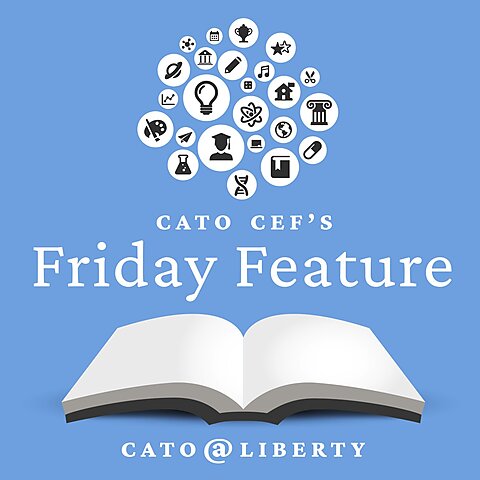Colleen Hroncich
In the early months of COVID-19, the private school sector took quite a hit. According to the Cato Institute’s Private Schooling Status Tracker, a whopping 130 private school closures were announced from March to August 2020. Around 85 percent of those were Catholic schools, which tend to be older, have lower tuitions, and serve a lower income population compared to other private schools.
Parents and community members sometimes pushed back when school closures were announced. For example, on April 17, 2020, the Diocese of Camden announced the closure of five schools, including Saint Joseph High School in Hammonton, New Jersey. A group of parents, alumni, and other supporters tried unsuccessfully to convince the bishop to keep the school open. However, after the diocese vacated the property, the supporters were able to lease it from the local school district, which owned it. It reopened that September as Saint Joseph Academy (SJA), an independent private high school rooted in the Catholic faith.
Fast forward to today: Saint Joseph Academy is educating around 200 students in grades 9–12 and is preparing to welcome 8th graders next fall. Steve Cappuccio became head of school at SJA in 2022 after a 20-plus-year career teaching at and leading two other independent Catholic schools in the Garden State. He had been approached previously about taking the helm at the school, both when it was under diocesan control and when it became independent. But when he was asked again in the summer of 2022, it seemed like the right time to leave his previous school and take the position at St. Joseph Academy.
“It’s been a blessing. I’ve always had a dream of running my own school, and I thought that I would have to move either to a larger market like Philadelphia or somewhere down South to do that,” he says. “I live in Hammonton. So I live less than 5 minutes from the school, which is a blessing and a curse. But it’s been a great ride, and we’ve really done well the past couple of years and we’re excited about the future.”
As a small school aligned with the Catholic faith, Steve recognizes that St. Joseph Academy needs to offer something distinct from other schools. He notes there is a lot of competition from public schools, including tech and magnet schools, as well as other Catholic schools. Because they don’t have the funding of a public school, they have to find different ways to provide something unique. To Steve, that means becoming the premier life skills school in the area.
“I think education actually should be more than just college. To me it’s about life skills—effective communication, collaboration, working on projects, critical thinking, writing,” he explains. “And we also really believe in experiential learning. So learning through service by going out and having different experiences, seeing different things, getting off campus and, you know, maybe thinking of independent studies a little differently than other schools do. Down the road, I see us doing something with the trades, like internships and residencies with some of the trade groups, and things like that.”
Taking the idea of service a step further, SJA founded a Servant Leadership Institute over the summer. “Our kids are committed to doing more Christian service than any school in the state of New Jersey,” Steve says. “We have kids going out every week and doing all different kinds of service from cathedral kitchens and soup kitchens in Camden to environmental cleanups, to nursing homes, to veterans homes, to Special Olympics.” It’s gotten a very positive reception from students, parents, and the community, he says. Adding, “I believe the Servant Leadership Institute will be the very thing that changes Saint Joe and gives us our kind of our calling moving forward.”
Since many Catholic schools are struggling and possibly looking to stay open in a different manner, I asked Steve what advice he’d give other communities. “For any board or group of parents that are doing something like that, my biggest advice would be to bring in folks—either ad hoc or within your base—that have a knowledge of private education,” he says. This will help guide decisions in the way that makes sense for a private school, which may look different than what makes sense for other businesses. “And then—probably even more important than that—know what your mission is and stay in line with your mission,” he adds.

